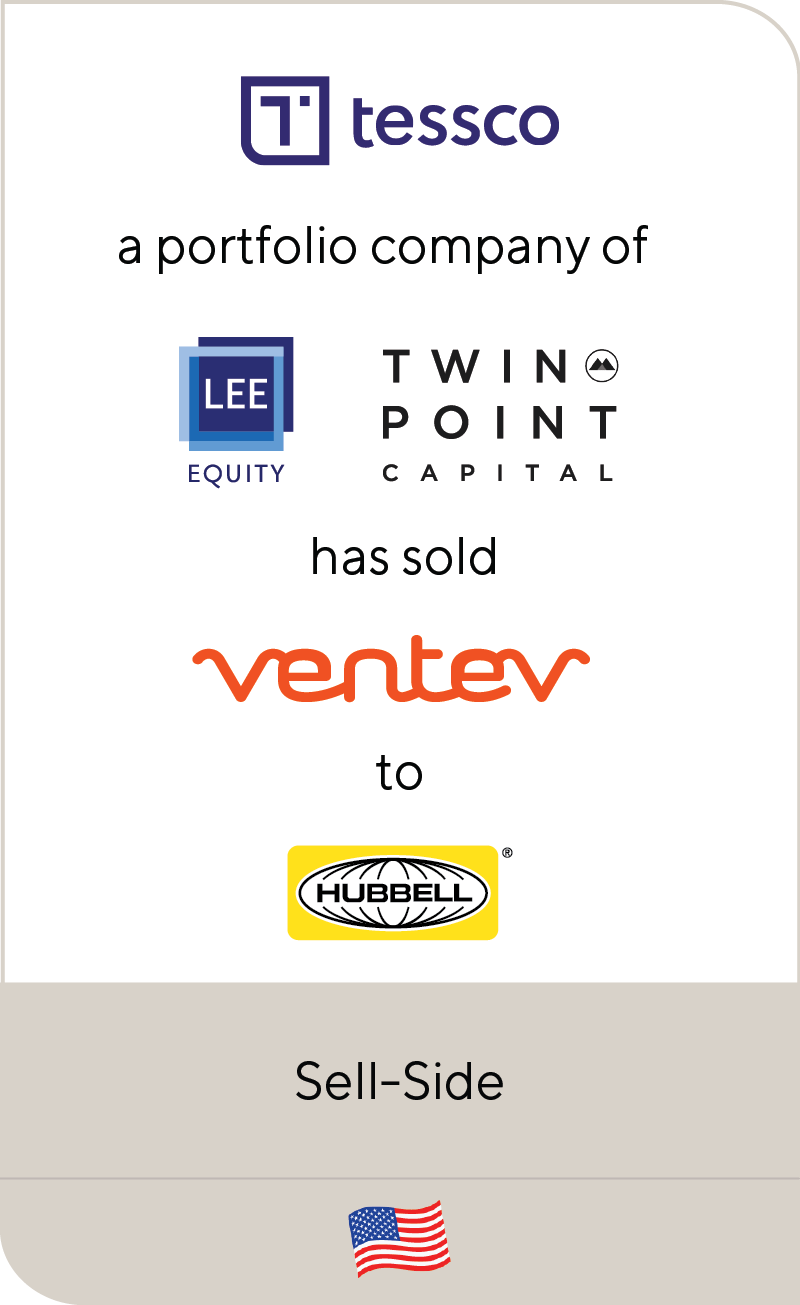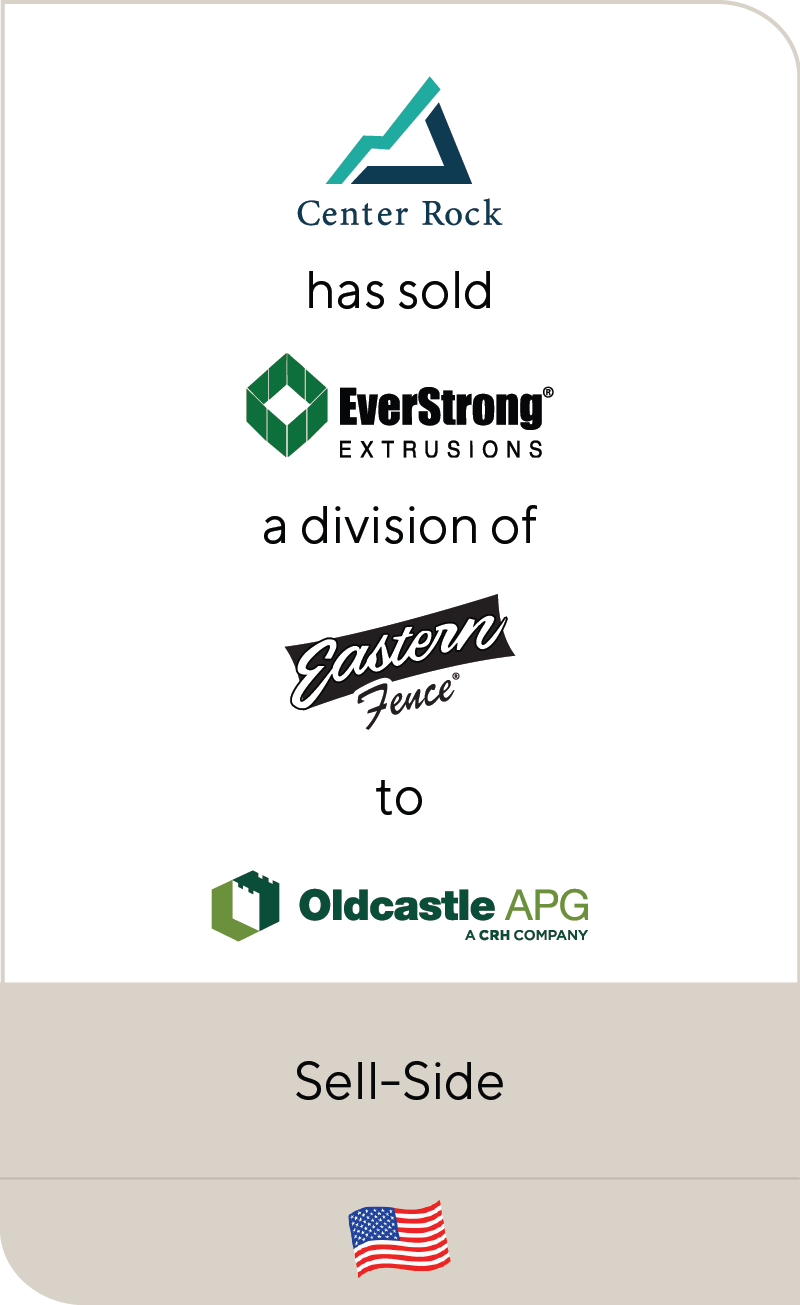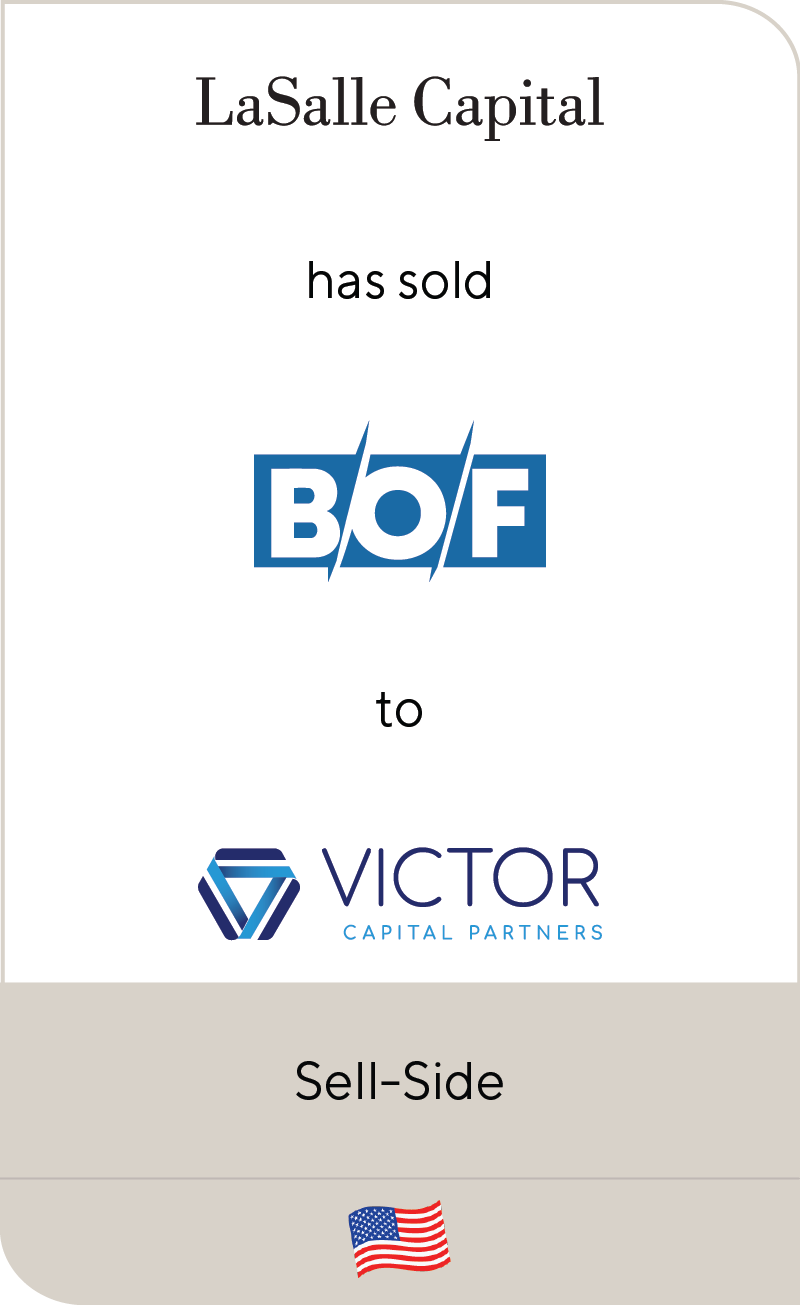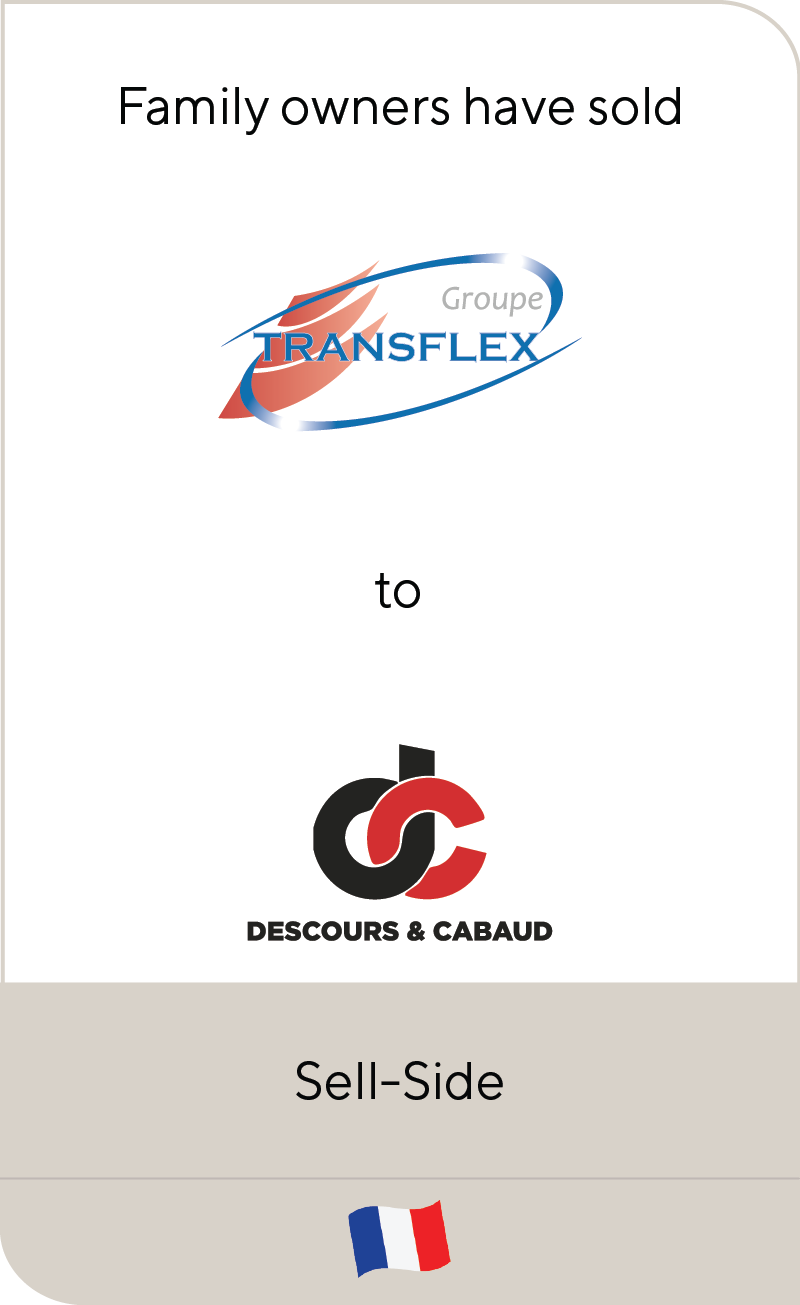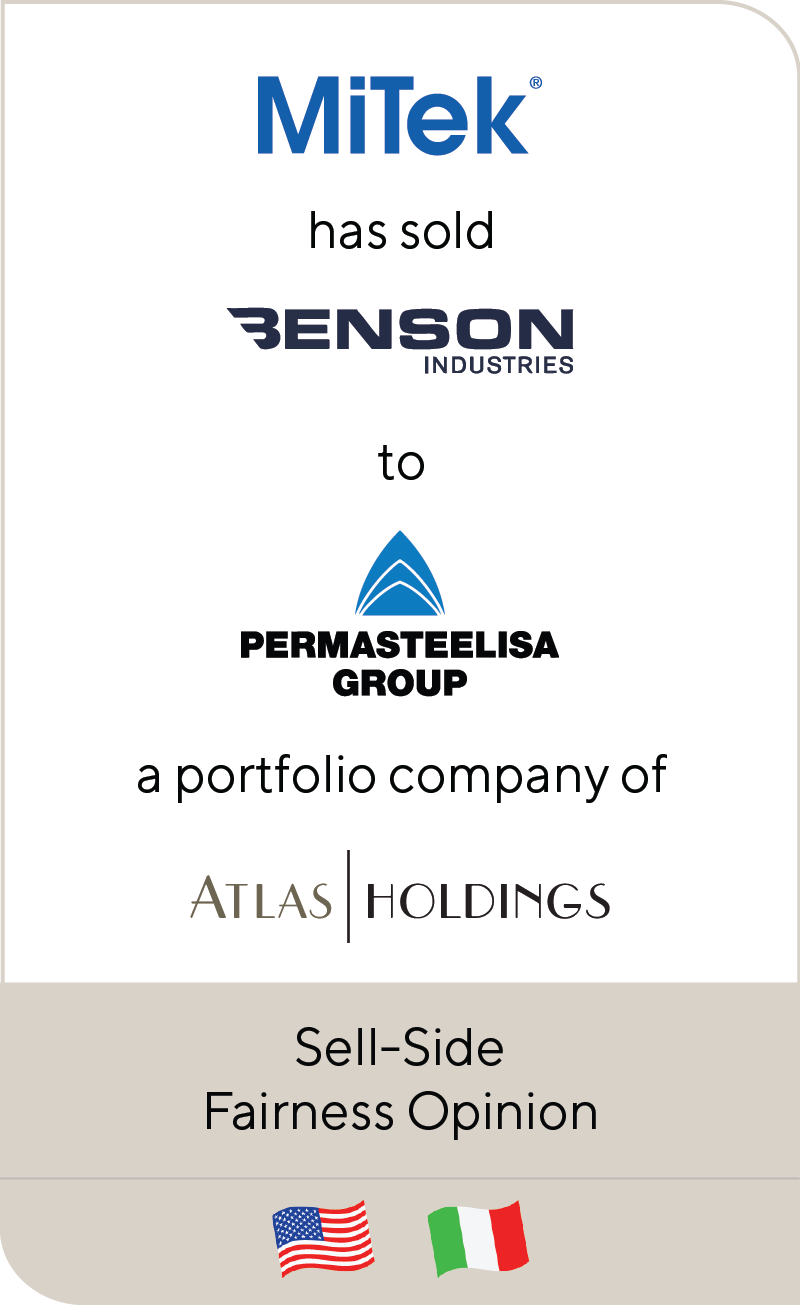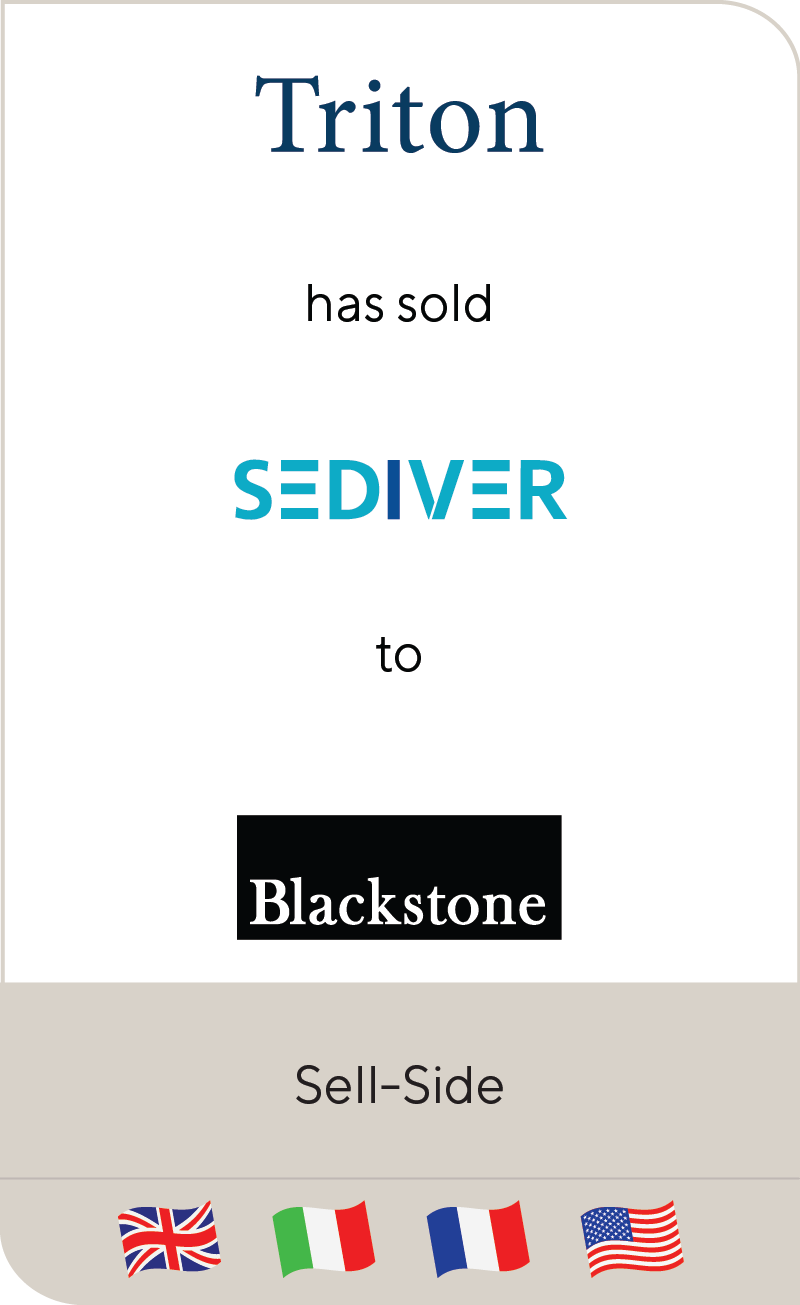Packaging Sector Update Amidst COVID-19 Uncertainty
Apr 2020
Since the beginning of 2020 and particularly over the last several weeks, the Coronavirus (COVID-19) has had widespread effects on the global economy and M&A activity in the middle market. Over the last few weeks, a majority of U.S. states have ordered the closure of nonessential businesses. While the exact definition varies by state, selected “essential” businesses include but are not limited to grocery stores, healthcare operations, hardware stores, gas stations, post offices and shipping businesses, transportation businesses and other businesses that allow essential services and supply chains to operate. For companies deemed as essential that continue to operate, employee health and wellness has become the top priority. For example, at most manufacturing businesses, social distancing practices have been put in place within facilities and personnel not essential to basic operations have typically been asked to work remotely. Many companies have also asked employees who believe they have or have been exposed to Coronavirus (COVID-19) to stay home, while still receiving pay and benefits.
Within the packaging industry, the effects of Coronavirus (COVID-19) have varied depending on the products and end markets each company serves. Certain end markets experiencing relatively negative effects for packaging products include retail, industrial and many manufacturing markets (e.g., automotive). On the other hand, certain product types (e.g., single-use packaging) have seen increased demand due to rapidly changing consumer priorities (e.g., sanitation) and there has been an uptick in certain end markets such as food and beverage. Moreover, other less affected end markets include household products, hygiene, pet food and many medical markets, although certain products used in nonessential or elective medical operations are declining rapidly due to demand. In some situations, we have seen packaging companies find alternative use of their current excess capacity to meet the greater healthcare needs across the U.S. For example, Prent Corporation, a manufacturer of custom plastic thermoformed packaging for medical device, consumer and other applications, began manufacturing protective face masks following the news of a shortage at regional hospitals.
| While the overall impact of Coronavirus (COVID-19) on the packaging industry has been moderate, the packaging M&A market is slowing down in real-time as companies focus attention on current operations. Q1 2020 began strong with 32, 25 and 25 packaging and plastics deals announced in January, February and March, respectively, according to Mergermarket. By volume, Q1 2020 was 5% higher than Q1 2019’s total of 78 deals. However, these numbers are expected to decrease over the next several months as the market realizes the initial effects of Coronavirus (COVID-19) over the last couple weeks. Within packaging and the market as a whole, M&A is expected to decline for several reasons, including 1) private equity groups, who are often buyers, are focusing efforts on current portfolio operations, 2) lenders have pulled back significantly, especially for debt related to new platform investments and 3) public companies are largely focused on internal operations and financials with increased scrutiny on updated forecasts and near term cash flow / liquidity projections. Going forward, the M&A market is expected to remain relatively quiet until the impacts of Coronavirus (COVID-19) have largely subsided and the capital markets begin to operate normally again. We believe the packaging industry will likely draw substantial interest from investors within the industrials sector due to its relative stability as shown both over the long term historically, and over the last few weeks during challenging economic times. |
Summary
-
The effects of COVID-19 have varied depending on the products and end markets each company serves within the packaging industry.
- Click here to download a printable version of this perspective.
- Sign up to receive Lincoln's perspectives
Contributor
Meet Professionals with Complementary Expertise in Industrials

I am a rigorous advocate for my clients with a hands-on, communicative approach, focused on delivering intense advocacy and outlier results.
Sean Bennis
Managing Director & Co-head of Industrials
Chicago
I enjoy leading clients and realizing their objectives, while structuring solutions to issues that are both intriguing and challenging.
Øyvind Bjordal
Managing Director | Head of Switzerland
Zurich
Building long-term relationships is key for me personally – I want to be the advisor of trust for my clients.
Dr. Michael Drill
Managing Director | Head of Germany
Frankfurt










